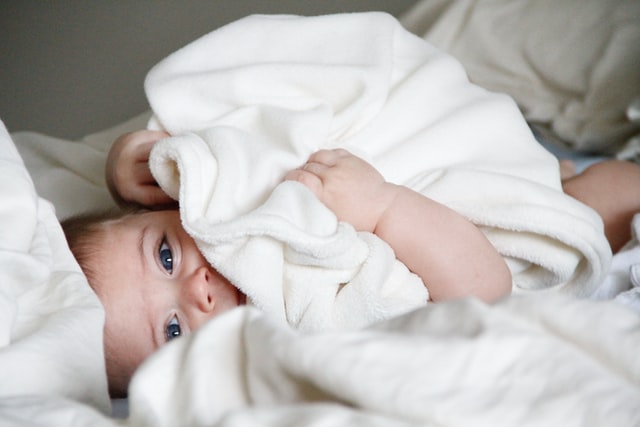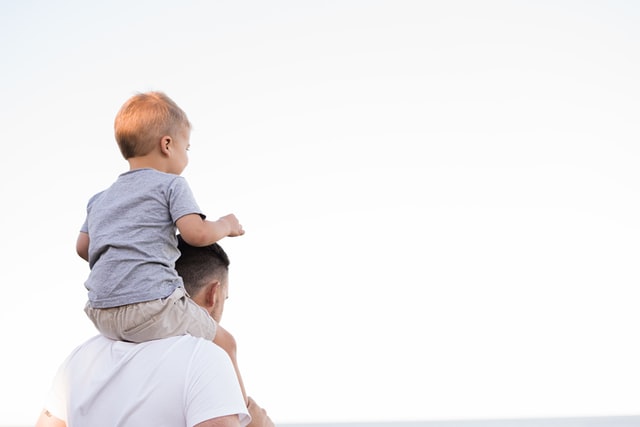As a parent, you do everything you can to keep your family happy, healthy, and safe. You plan fun activities for the weekend, cook healthy meals, and prepare against any harm. One way you can prepare your family is by having an ID for your children. Life can throw unexpected twists our way, and it’s best to try and have a plan beforehand. An ID for your children may not be top of mind, but we’ll show you three reasons why you should get an ID for each of your children.
You Can Be Separated
Getting separated from your child is not uncommon, unfortunately. According to the National Missing and Unidentified Persons System, over 600,000 individuals go missing every year. It may happen because they wander off at the grocery store, or maybe they run to a friend without telling you. We sometimes become distracted with the task at hand or focus on the environment around us, leading to an accidental separation.
If you become separated from your child, it’s critical that you seek help immediately. You’ll likely need to provide details about your child, including their full name, height, weight, eye color, hair color, and other identifying information. You may experience a high amount of stress and anxiety during this time, making it difficult for you to recall such details. Having an ID for your child would make it easy for you to provide all the necessary information as quickly as possible.
Medical Emergencies
Children like to play, but sometimes they may play a little too hard. Or perhaps they’re accidentally exposed to an allergen. Accidents happen every day, and some are more serious than others and may require immediate medical attention. Having an ID for your child can provide helpful information like height, weight, emergency contact, and other important information, like allergies, medical considerations. Providing this valuable information makes it easier for doctors to assess the situation, provide treatment more efficiently, and contact you as necessary. Not having an ID on hand could mean the doctors would need to gather more background information, taking longer to treat the issue.
Immediate Action In Case of Abduction
Child abductions are a tragedy and are devastating to any family. Nonfamily and family abductions are serious emergencies that require immediate action. In these situations, every second counts. You may be familiar with AMBER alerts. These are messages sent out to a community with information about a missing from law enforcement. Being able to forward your child’s ID allows law enforcement to get the message out as soon as possible. The faster you respond with your child’s identifying information, the better the chances of survival and law enforcement reuniting your family.
As we mentioned earlier in this post, when you’re separated from your child, you’re likely to be highly anxious, stressed out, and can forget details at the moment. Your child’s ID will provide the information needed by law enforcement. Providing local law enforcement with identifying information and characteristics is recommended by both the Office of Juvenile Justice and Delinquency Prevention and The National Center for Missing and Exploited Children as some of the first steps you should take You can also share your child’s ID on social media with friends, family, and other outlets to create widespread community awareness.
Conclusion
The safety and wellbeing of our children are always on our minds as parents. We try our best to provide an excellent home for our families and keep our children safe. Having an ID for your child is just one way to help you be prepared for emergencies and keep your children safe.


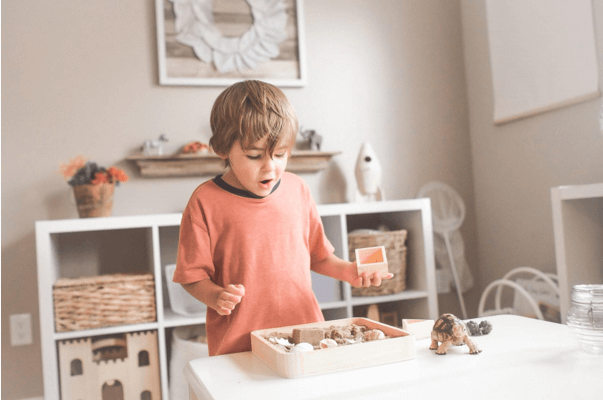
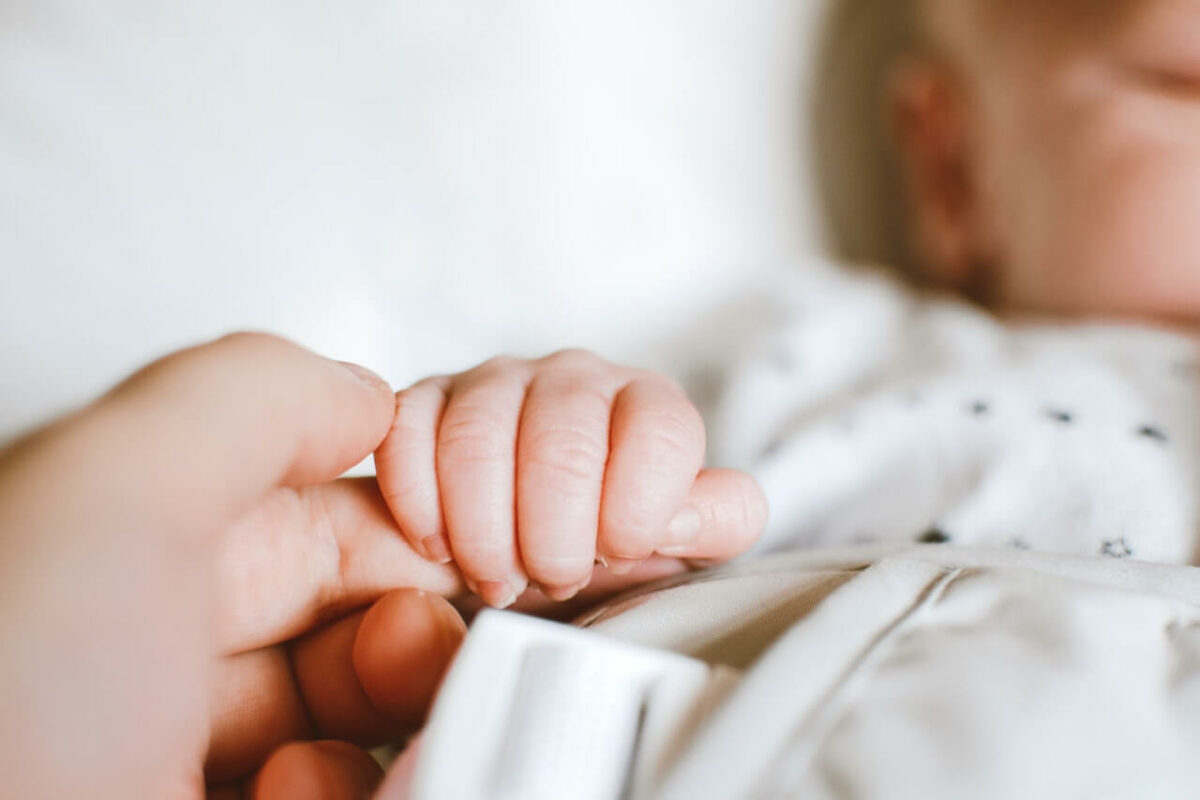
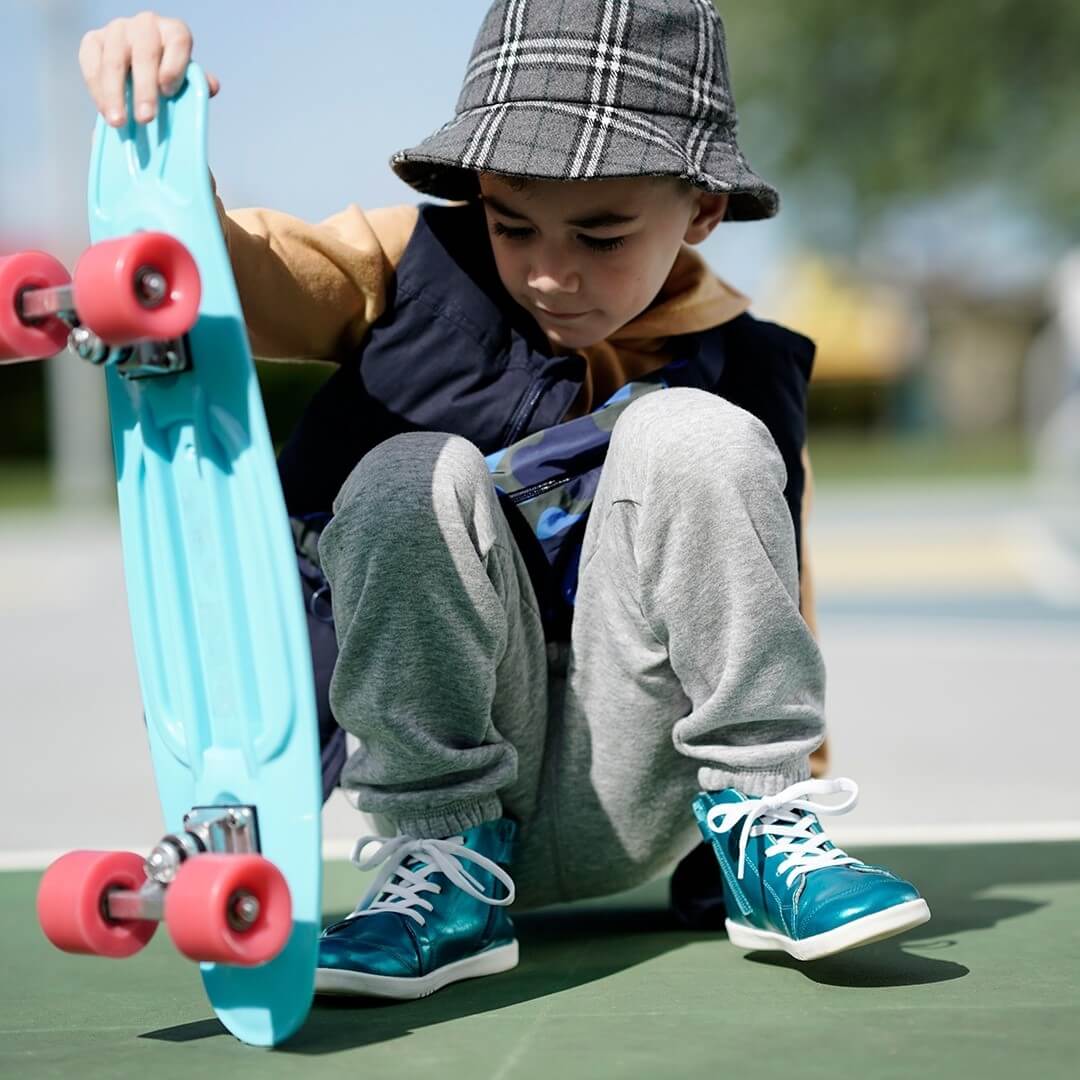
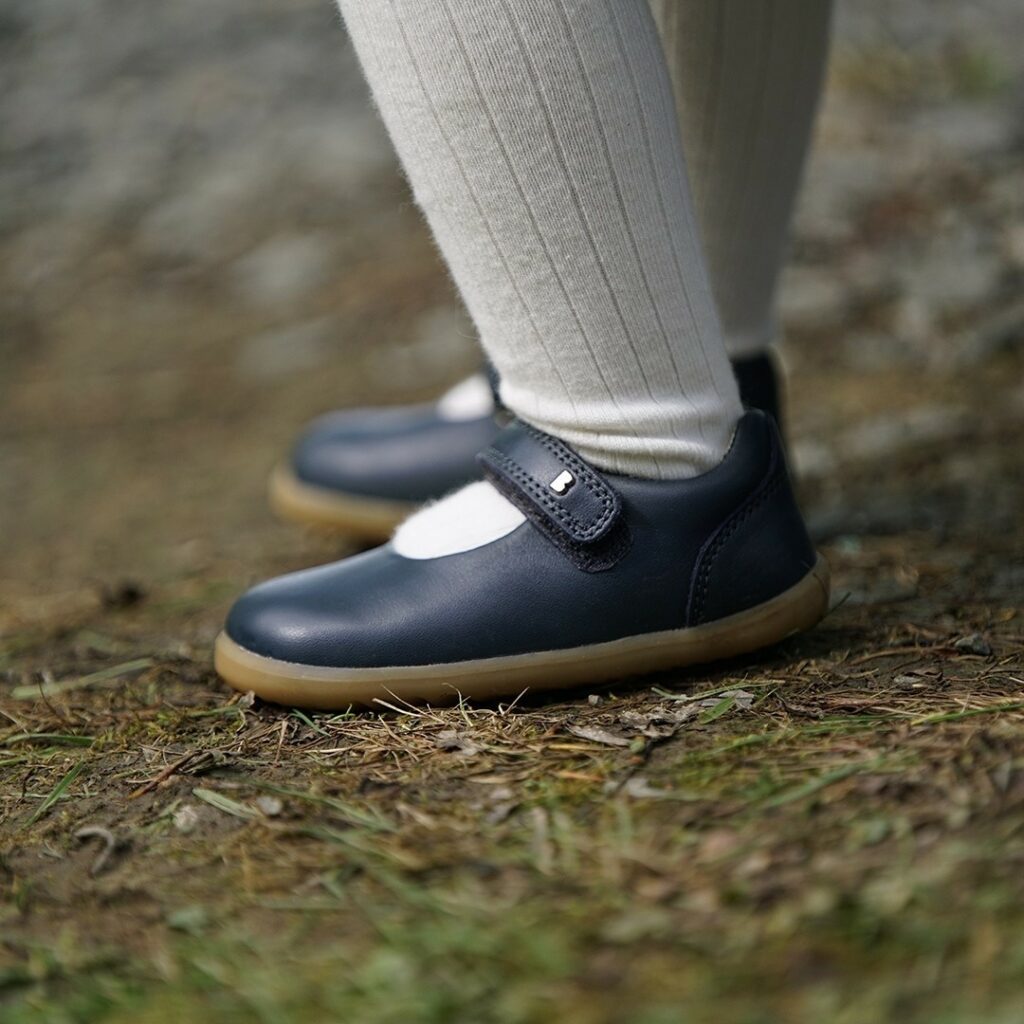
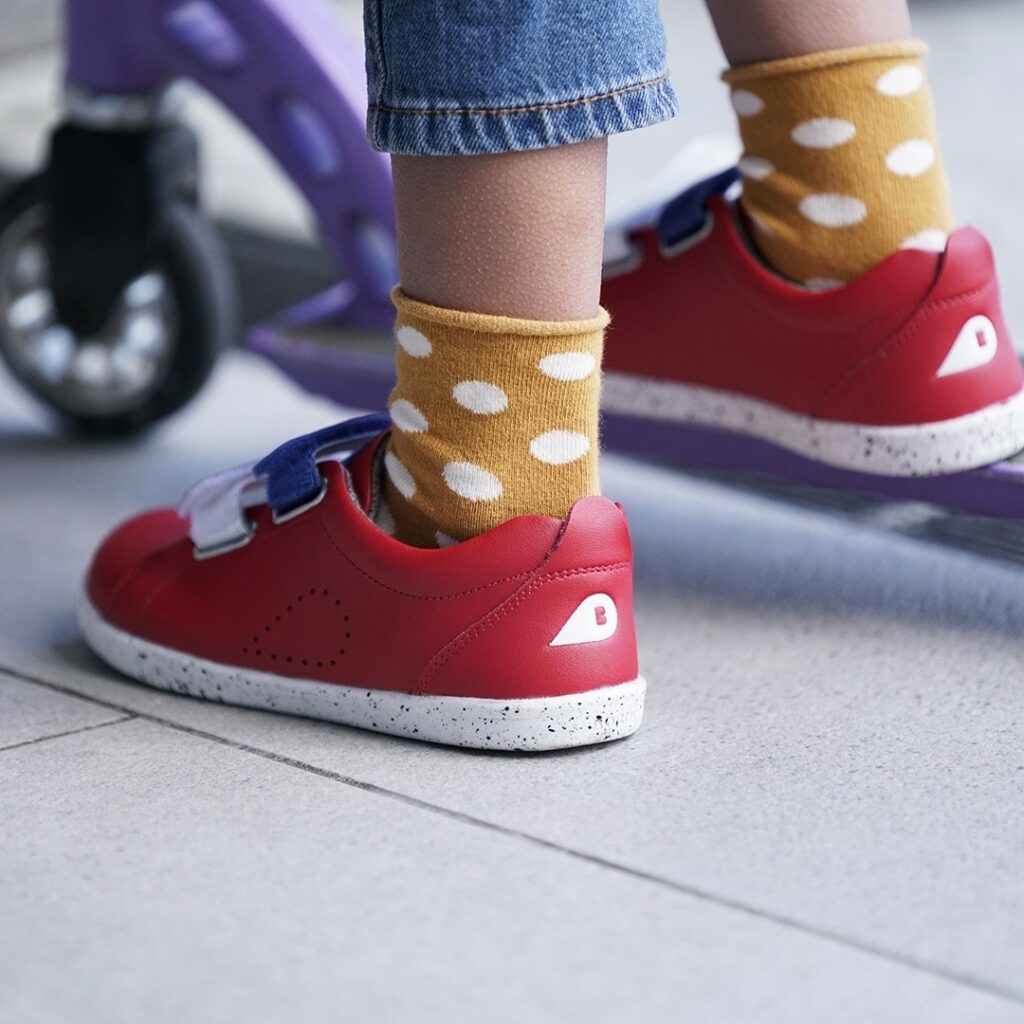
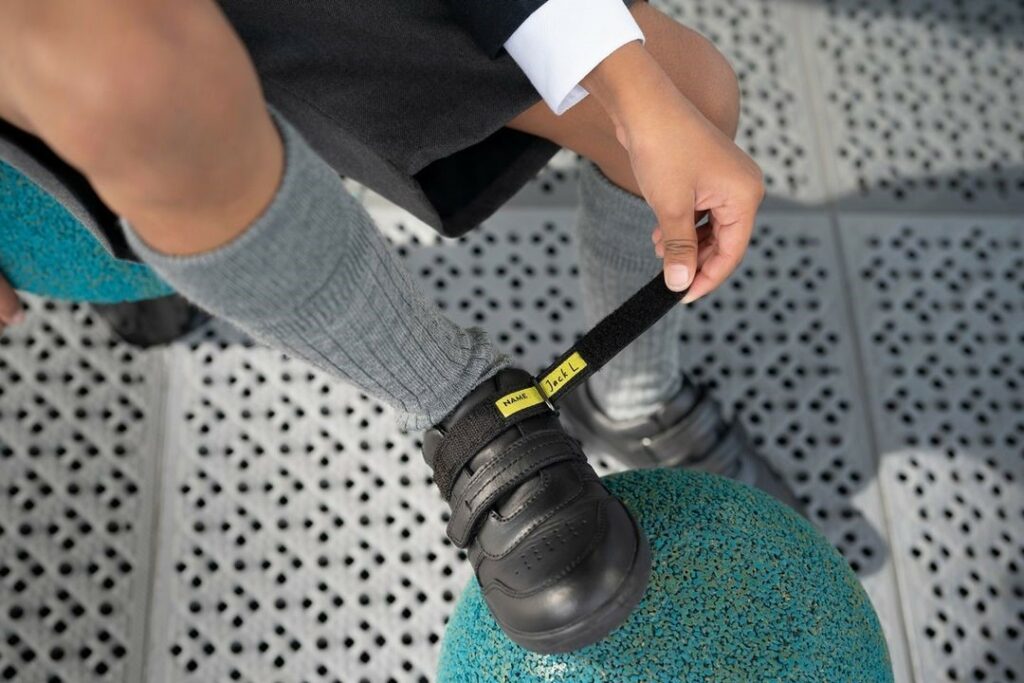
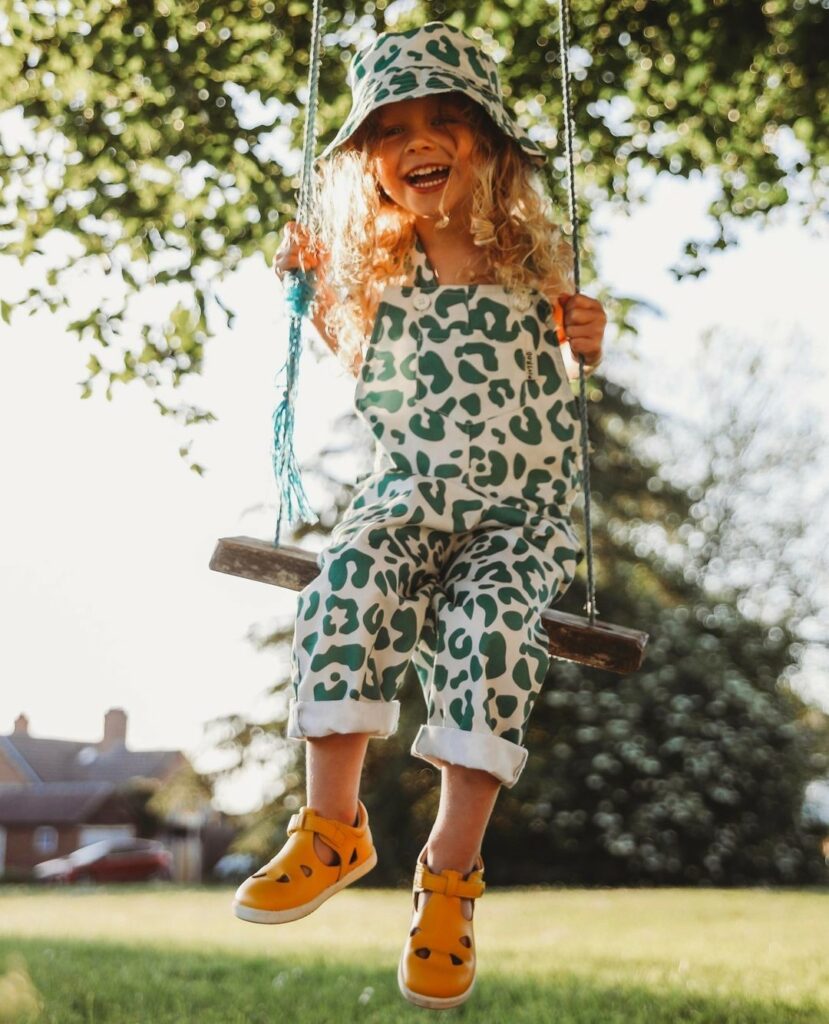
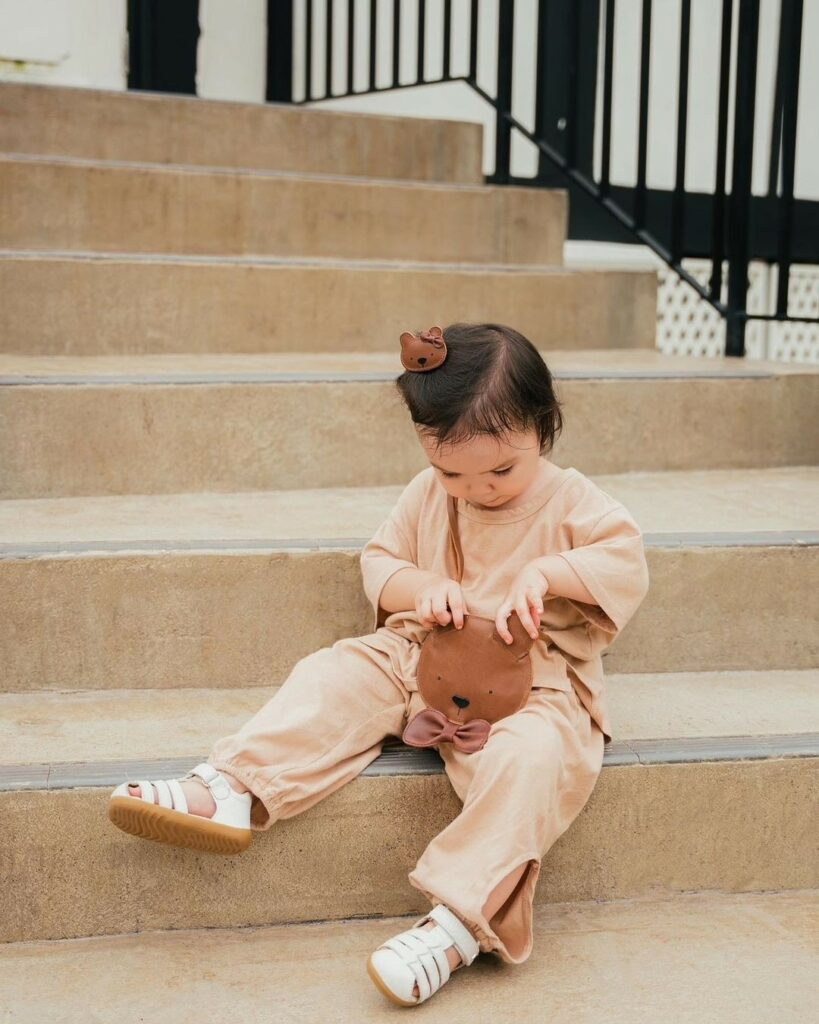
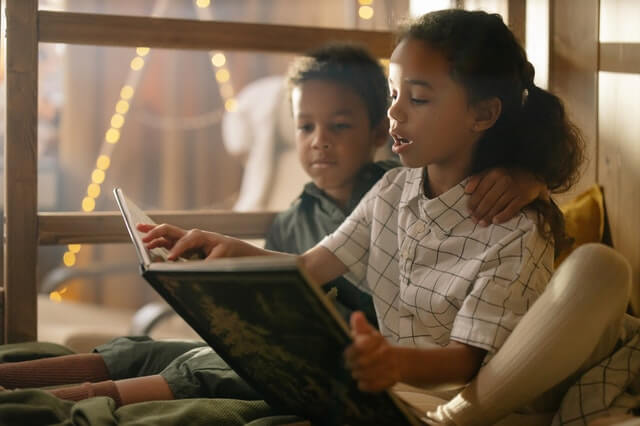
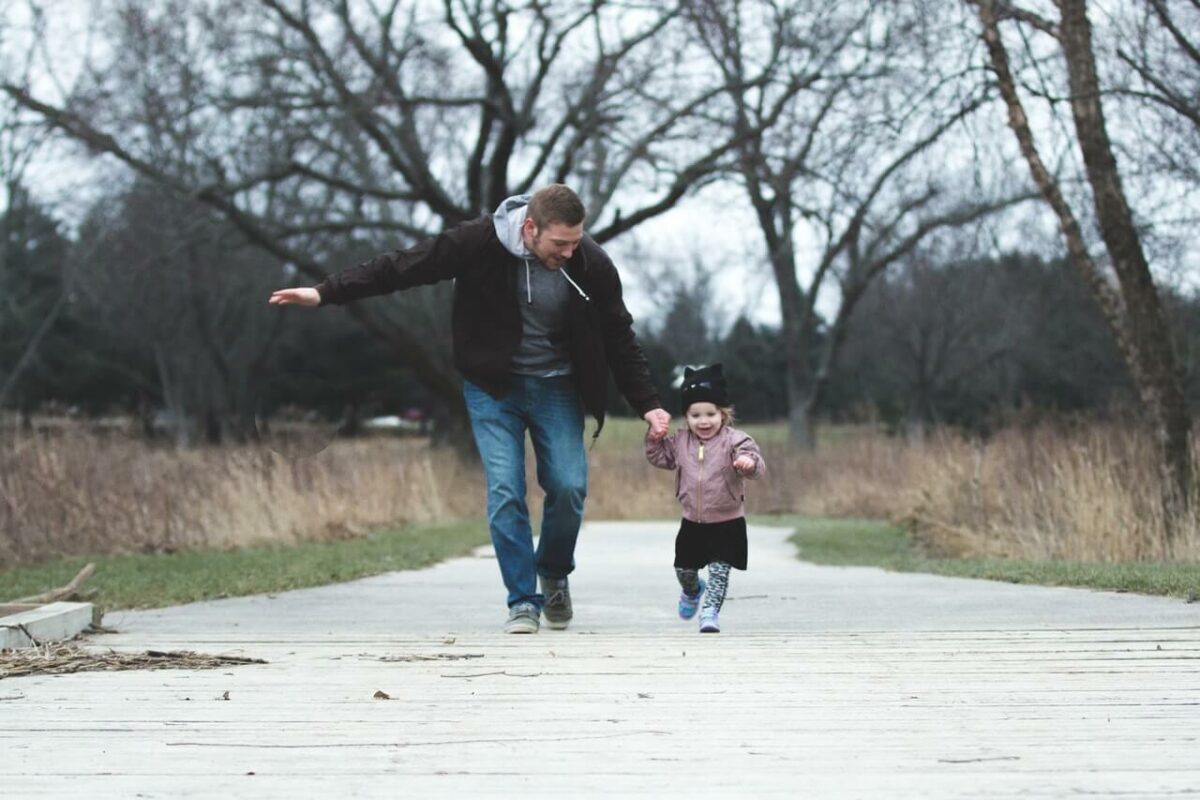
 Evie Harrison is a blogger by choice. She loves to discover the world around her. She likes to share her discoveries, experiences and express herself through her blogs
Evie Harrison is a blogger by choice. She loves to discover the world around her. She likes to share her discoveries, experiences and express herself through her blogs
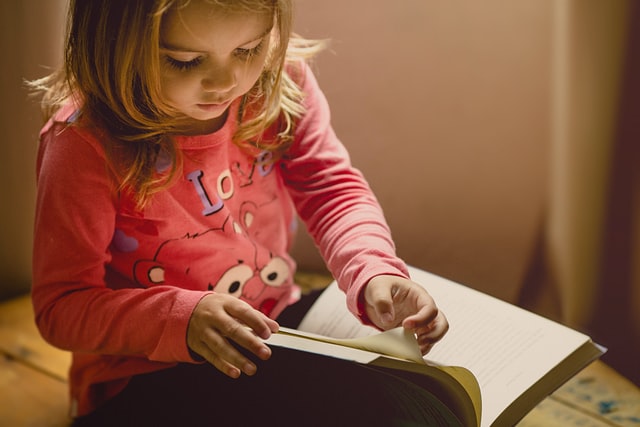
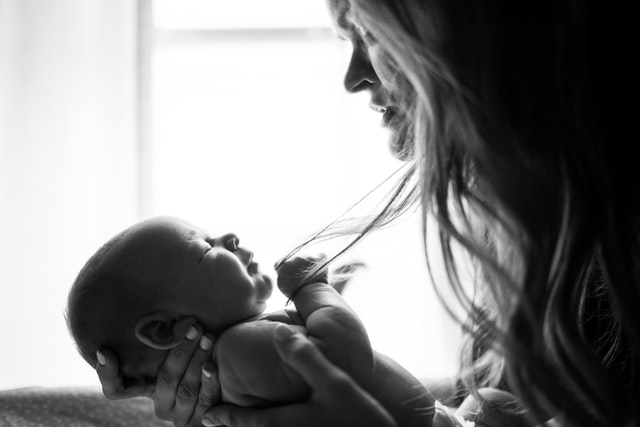
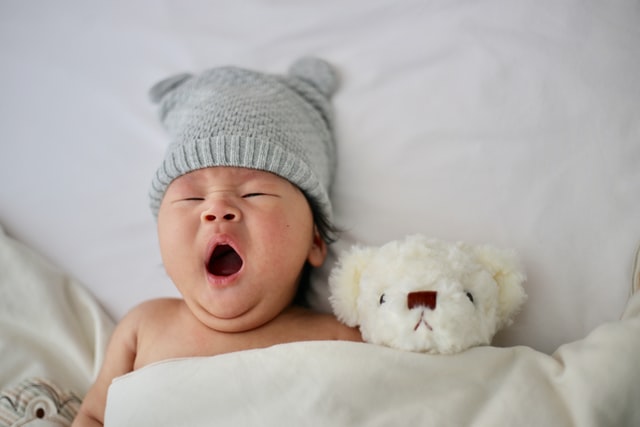 If you’re in search of an application that will allow you to monitor your child’s everyday activities, there are a number of tracker apps like Baby Bundle and Total Baby that do the job well. These apps will give you the opportunity to log pooping and sleeping schedules, monitor feeding times, and keep track of bath routines. Offering some extra features you could record, such as doctor’s appointments,
If you’re in search of an application that will allow you to monitor your child’s everyday activities, there are a number of tracker apps like Baby Bundle and Total Baby that do the job well. These apps will give you the opportunity to log pooping and sleeping schedules, monitor feeding times, and keep track of bath routines. Offering some extra features you could record, such as doctor’s appointments, 